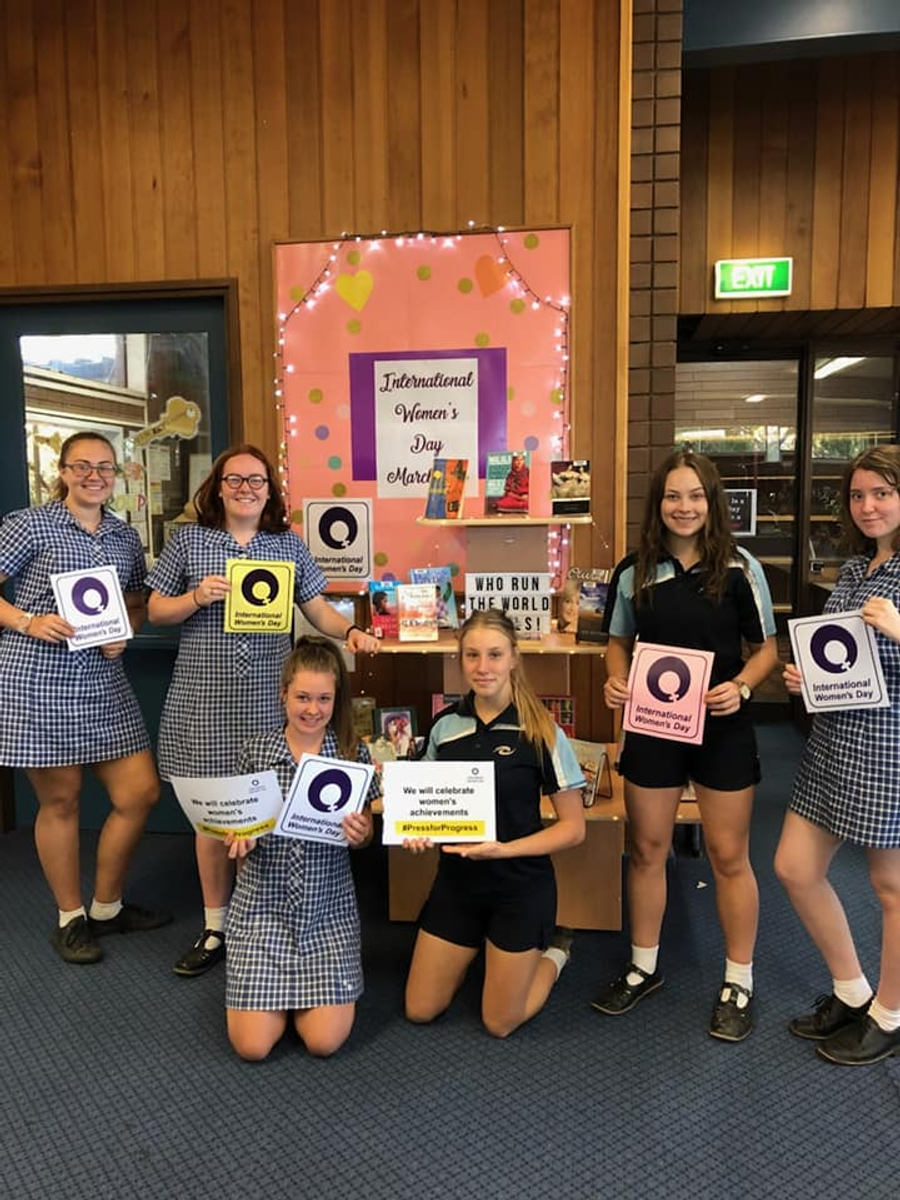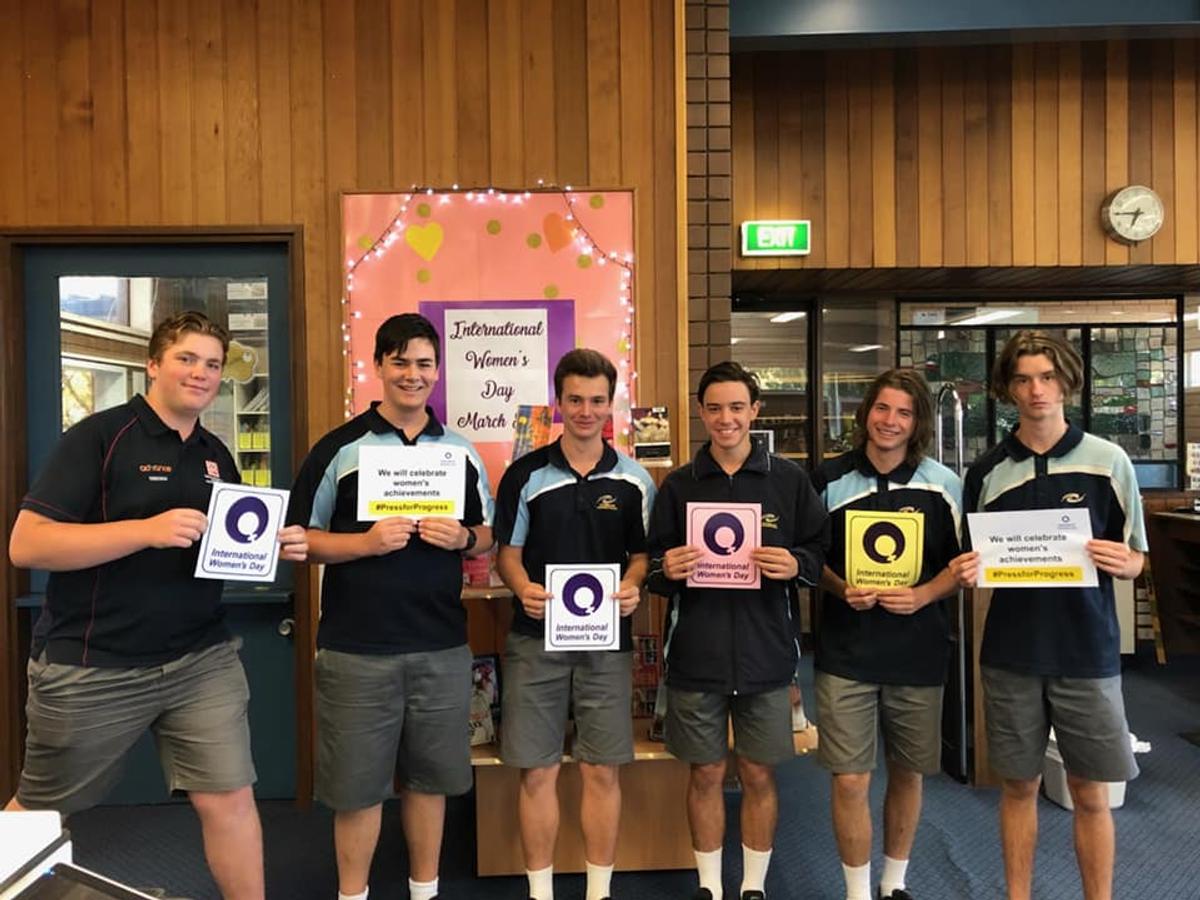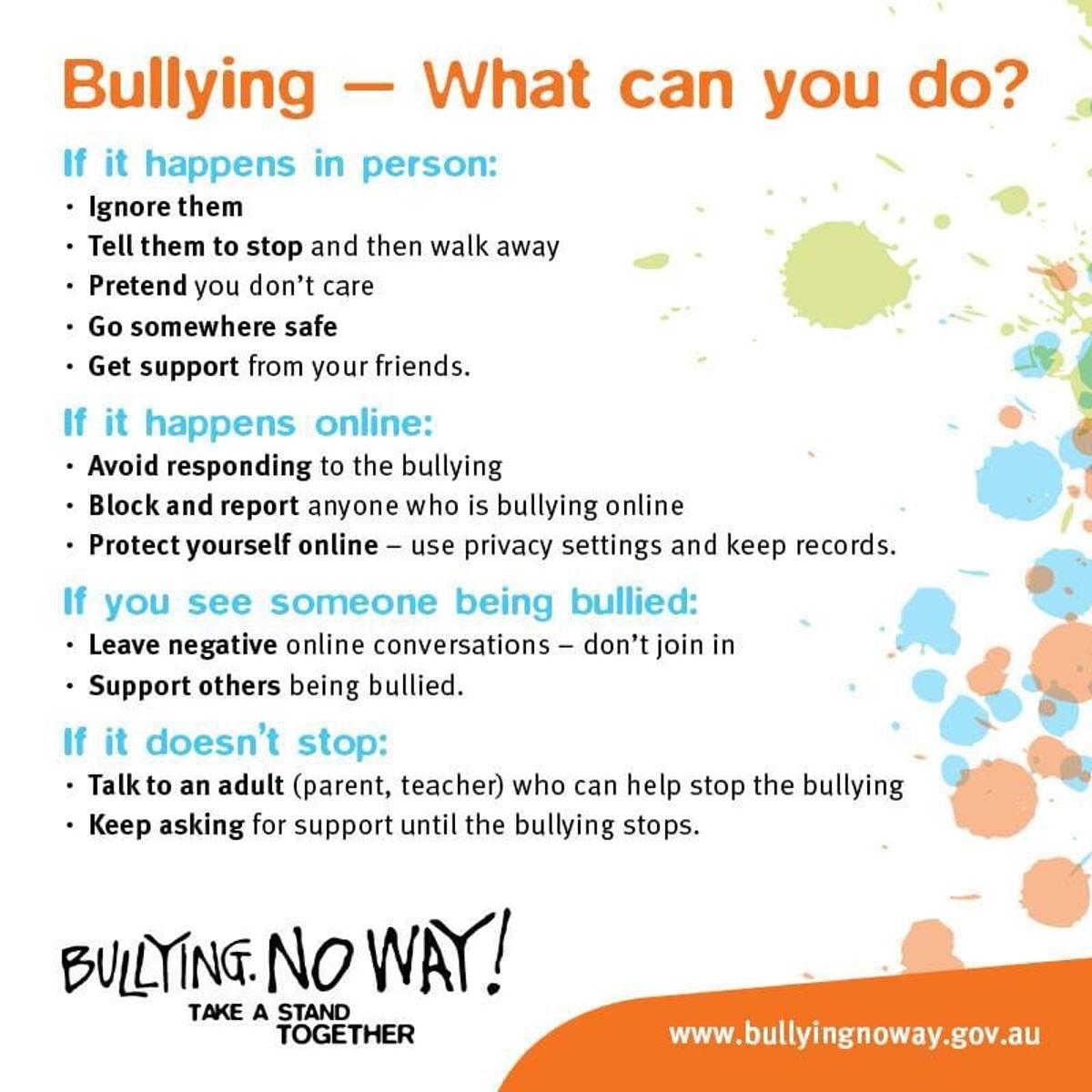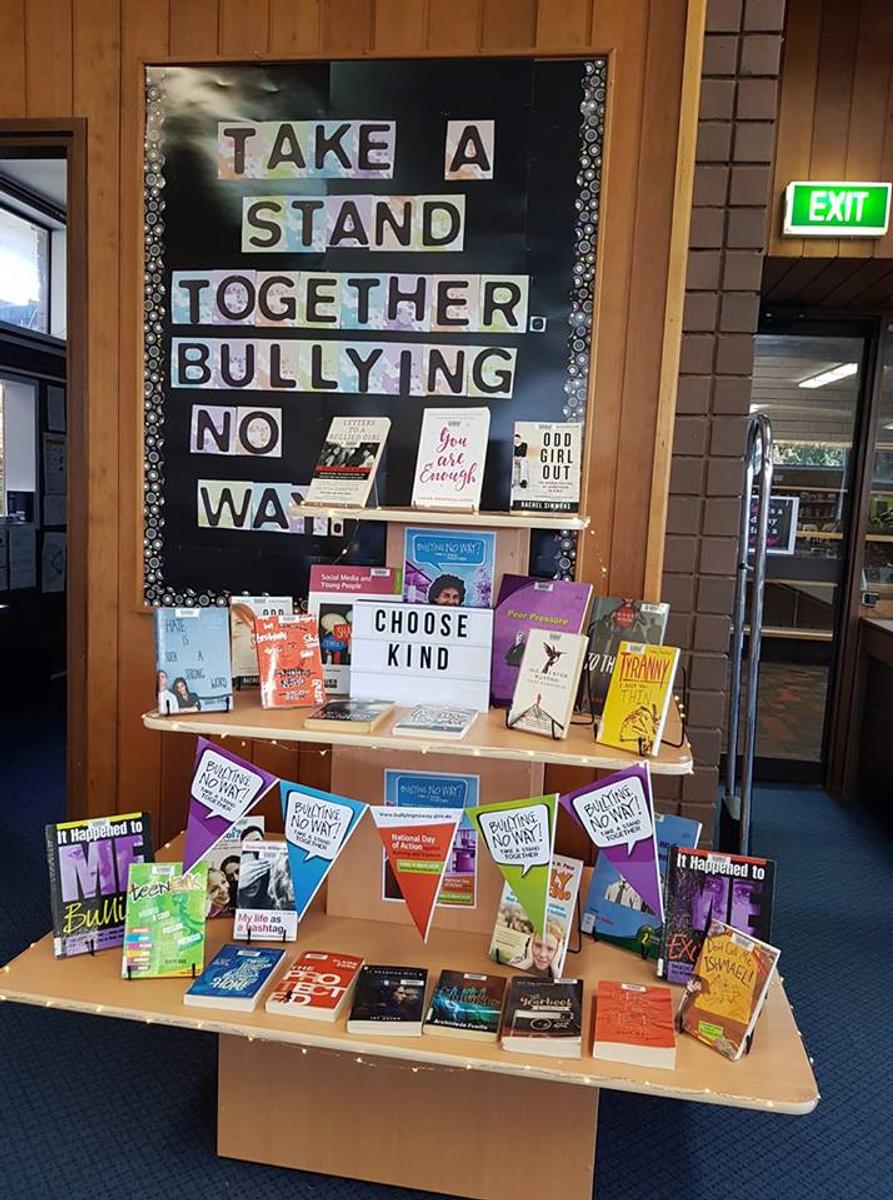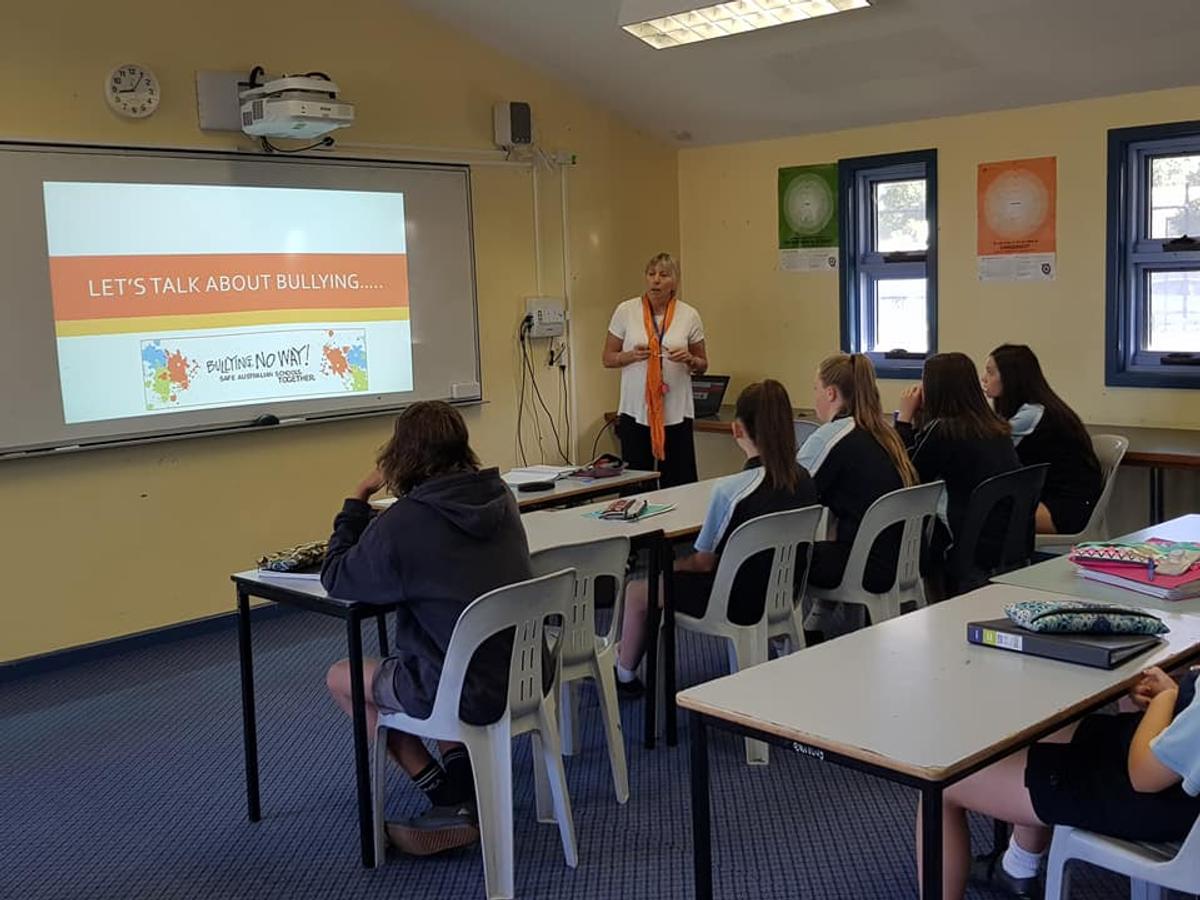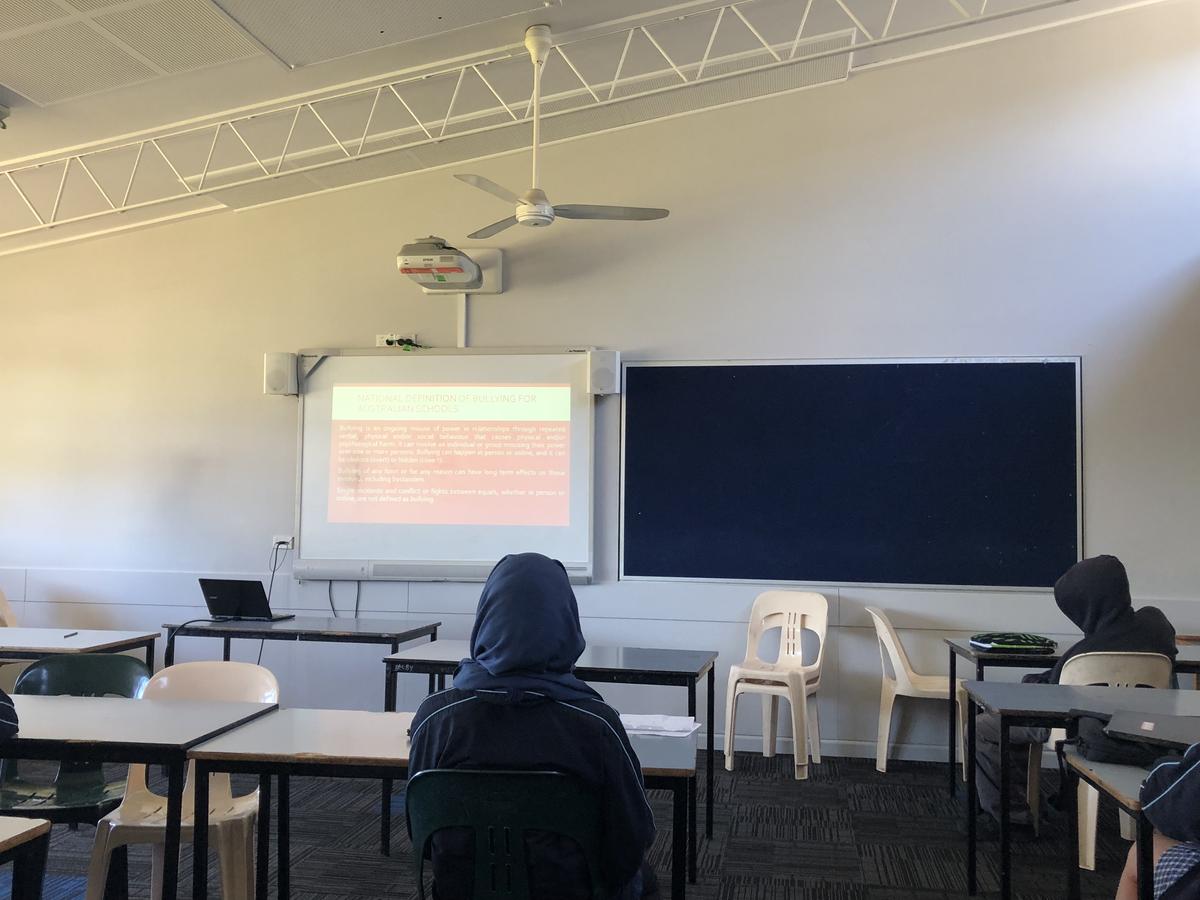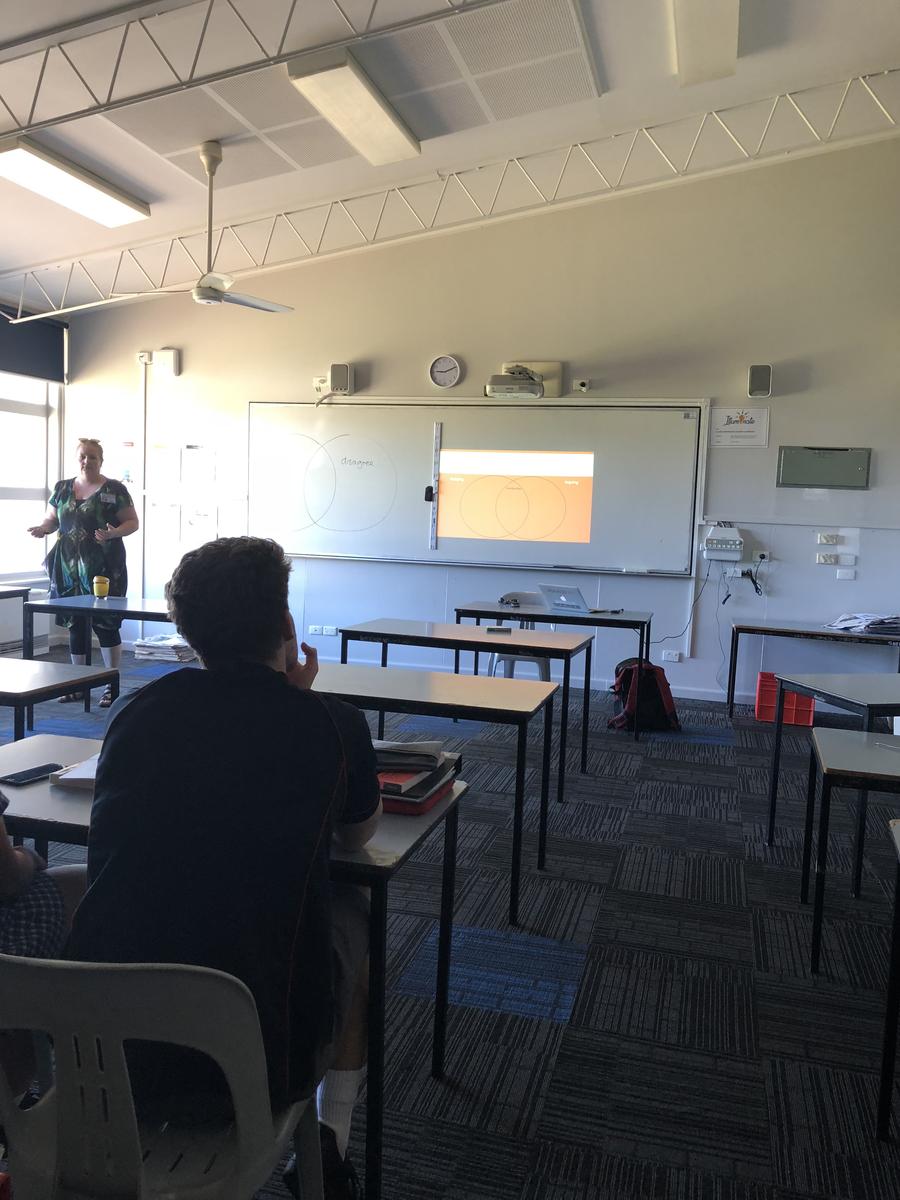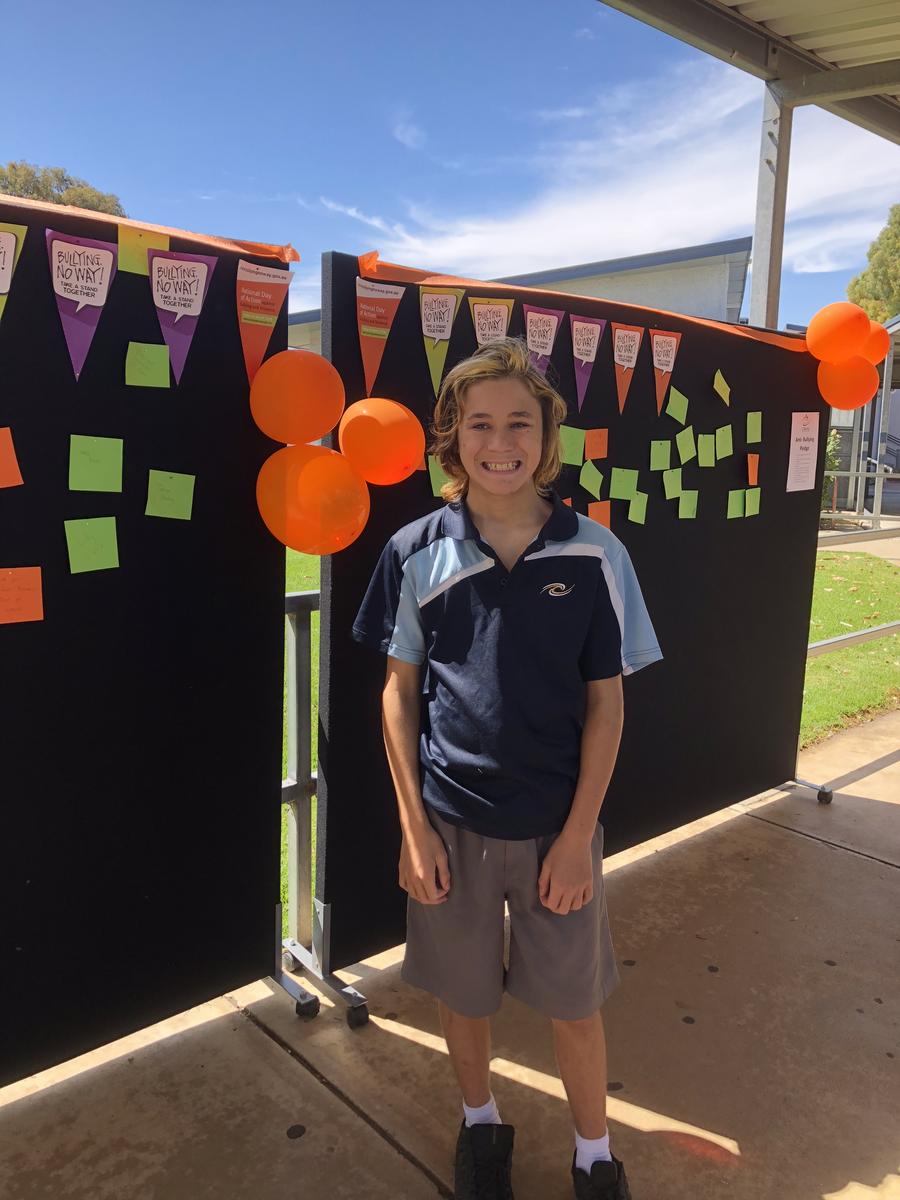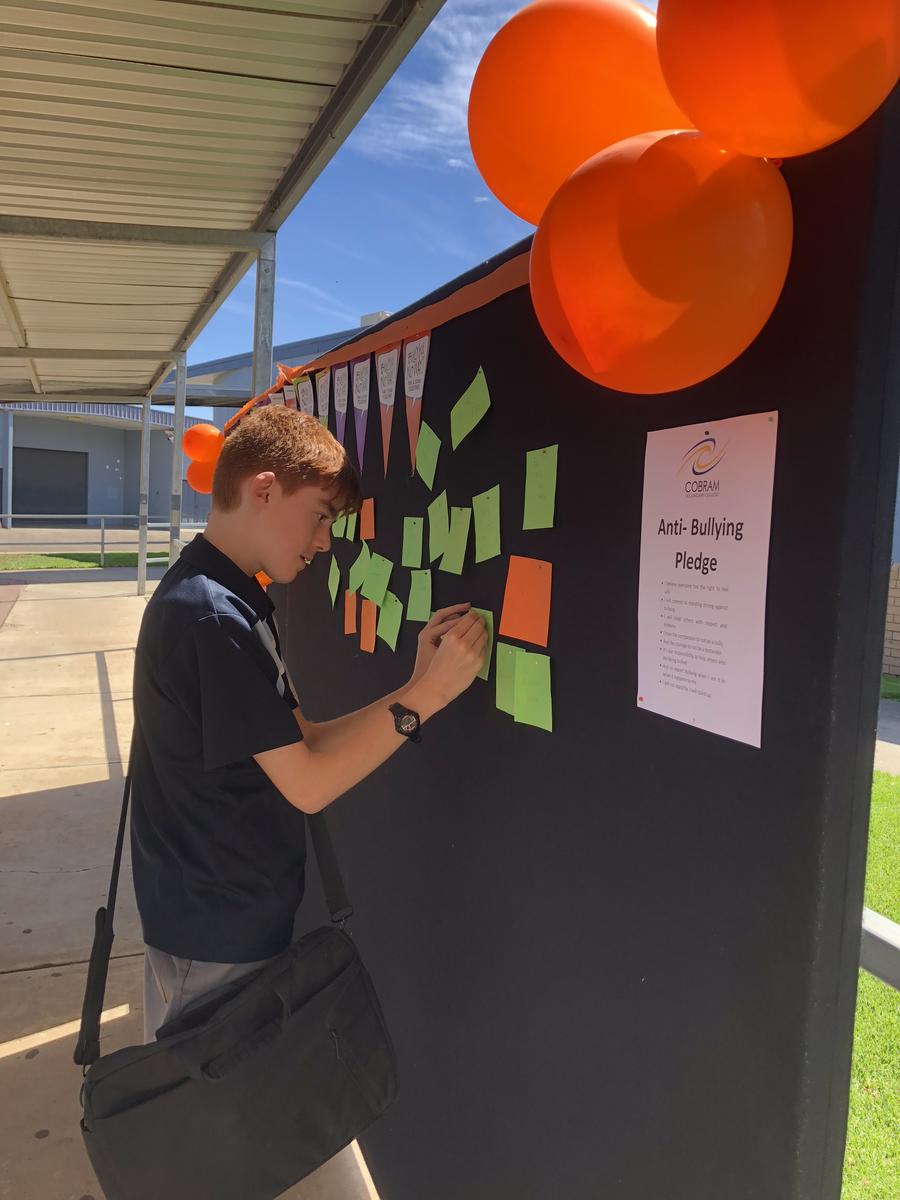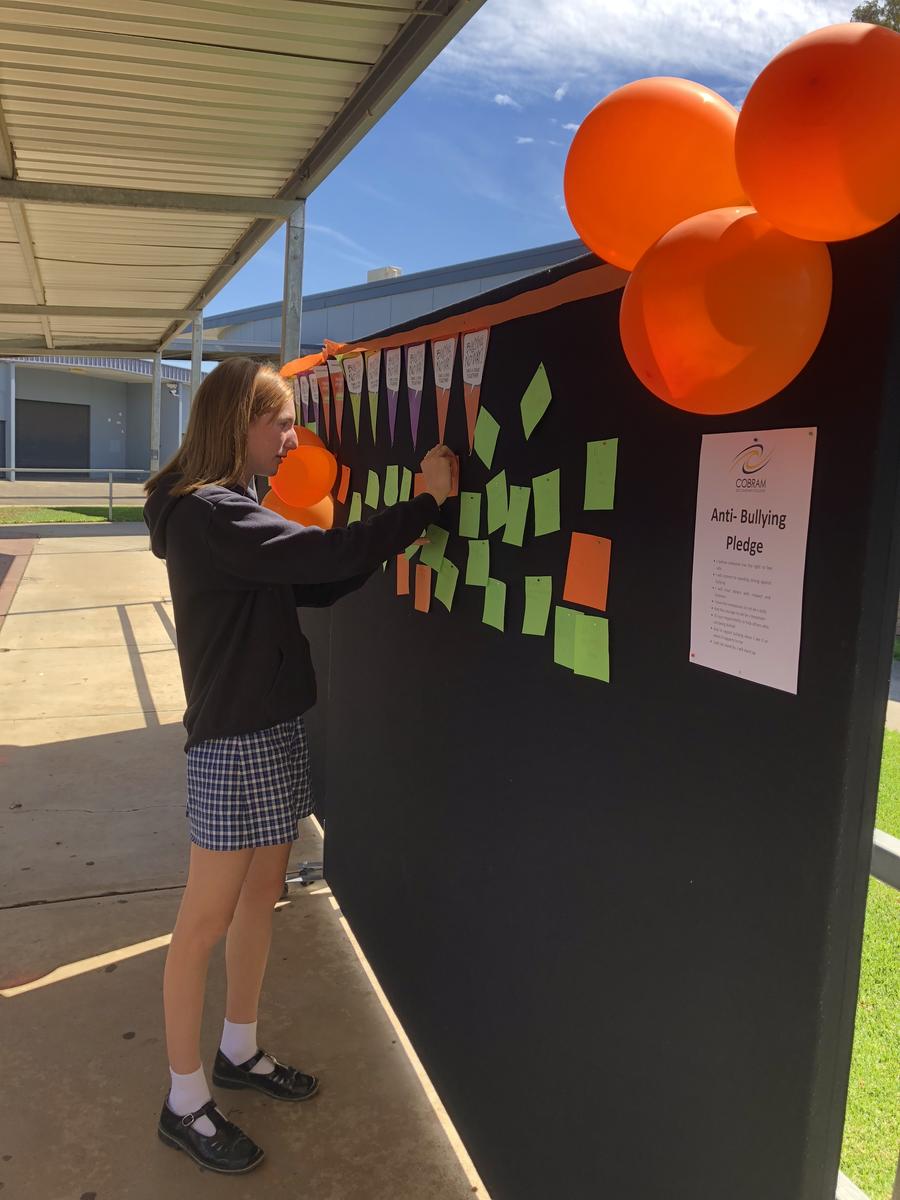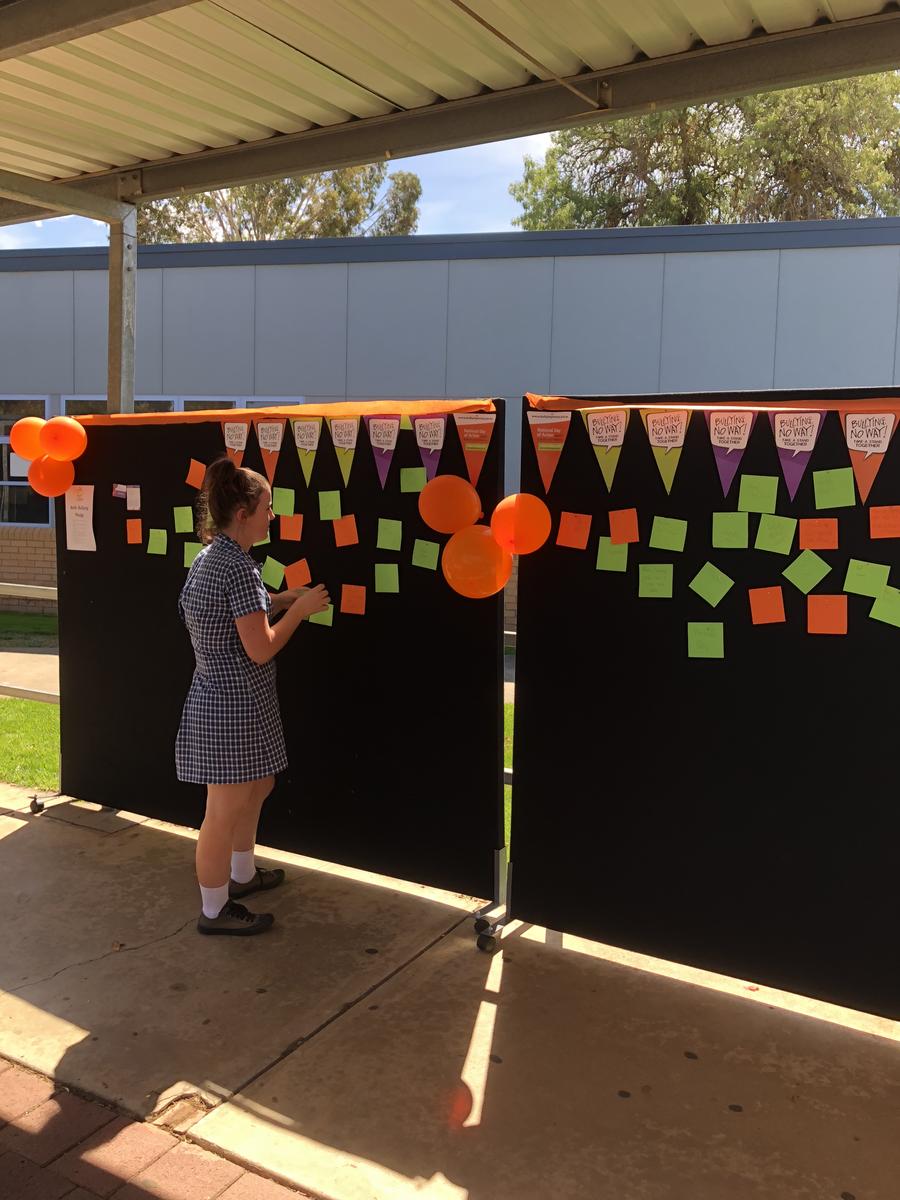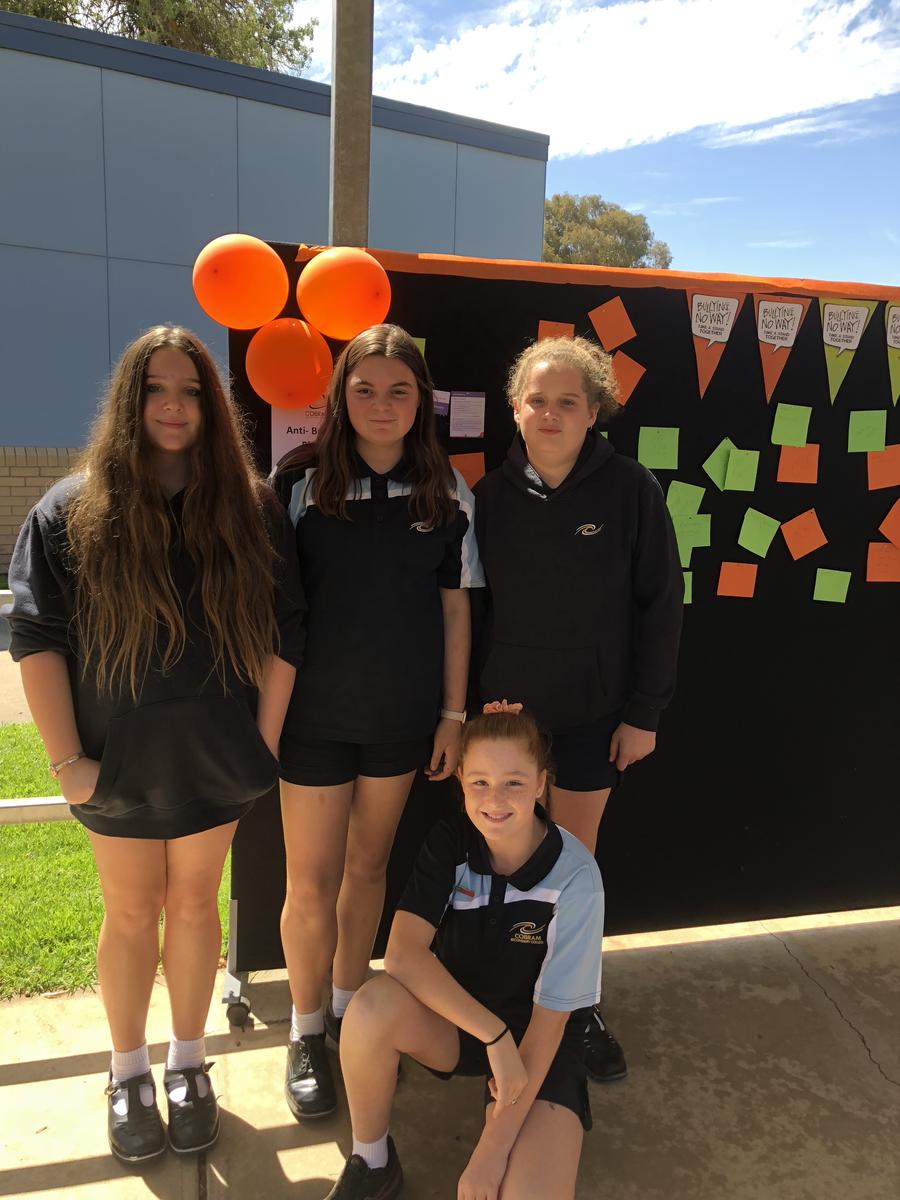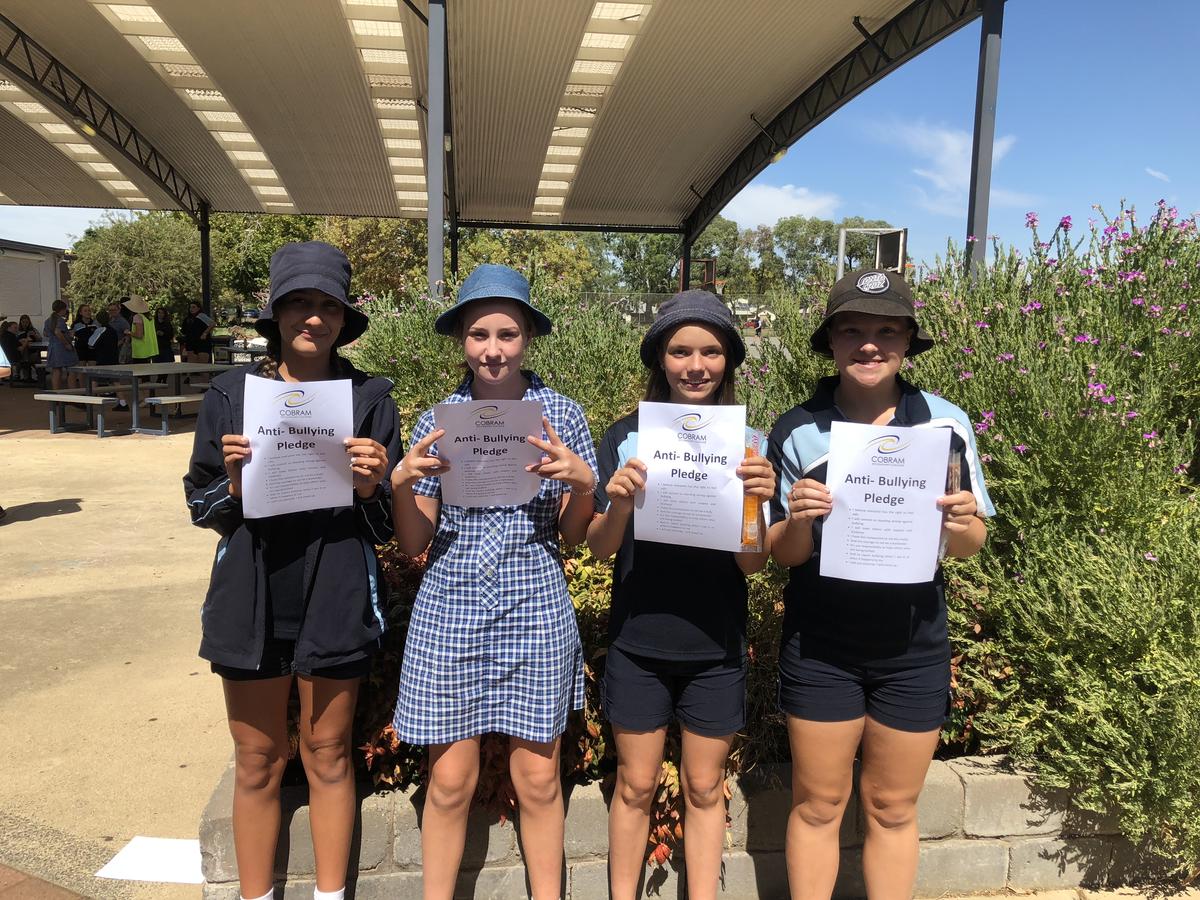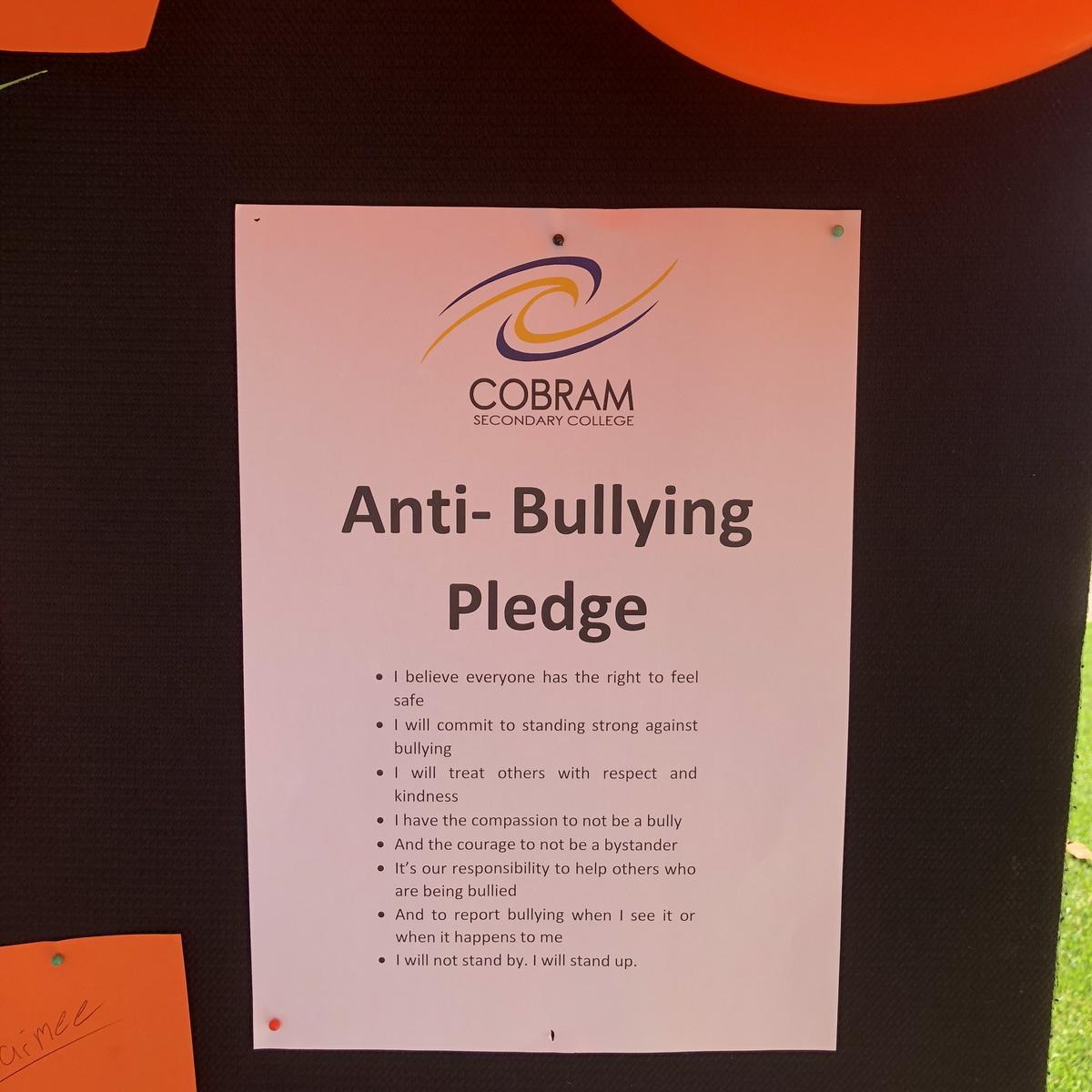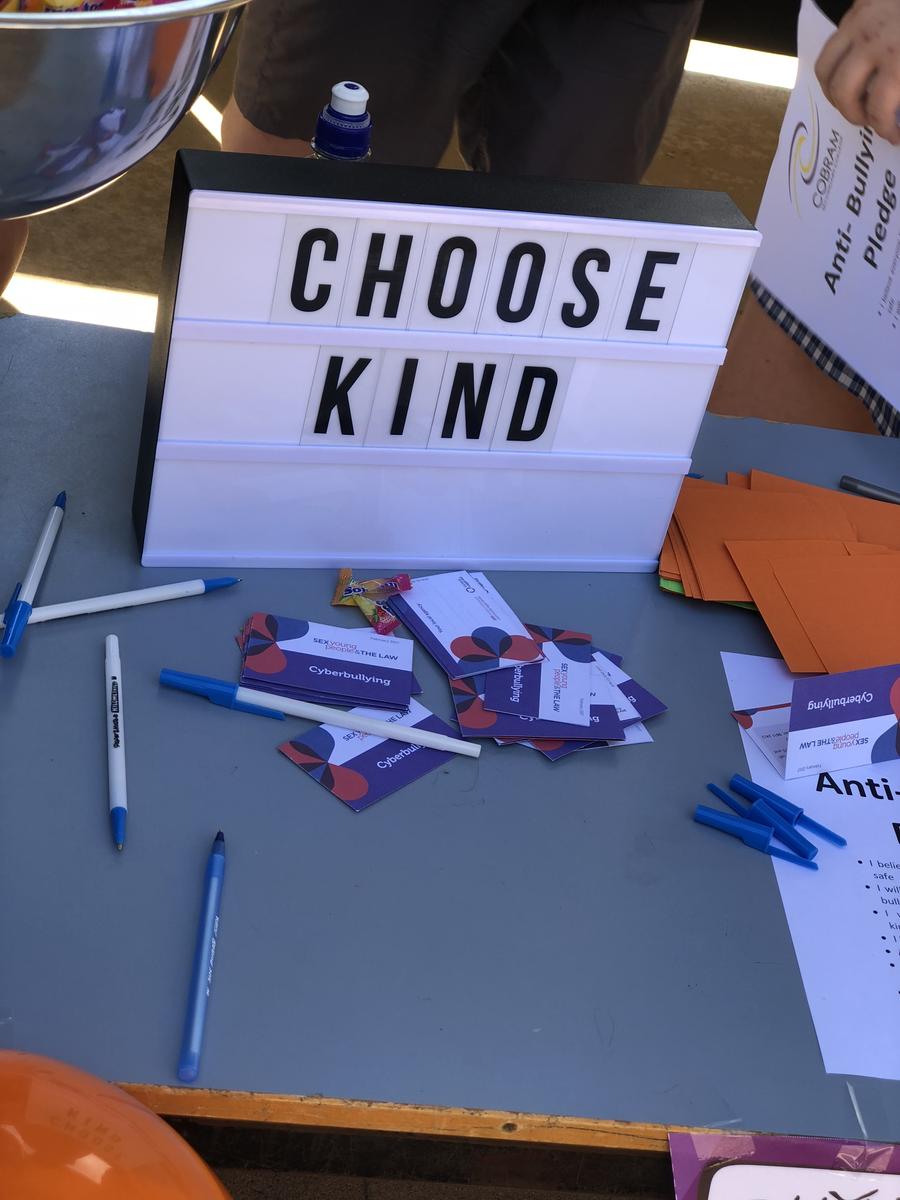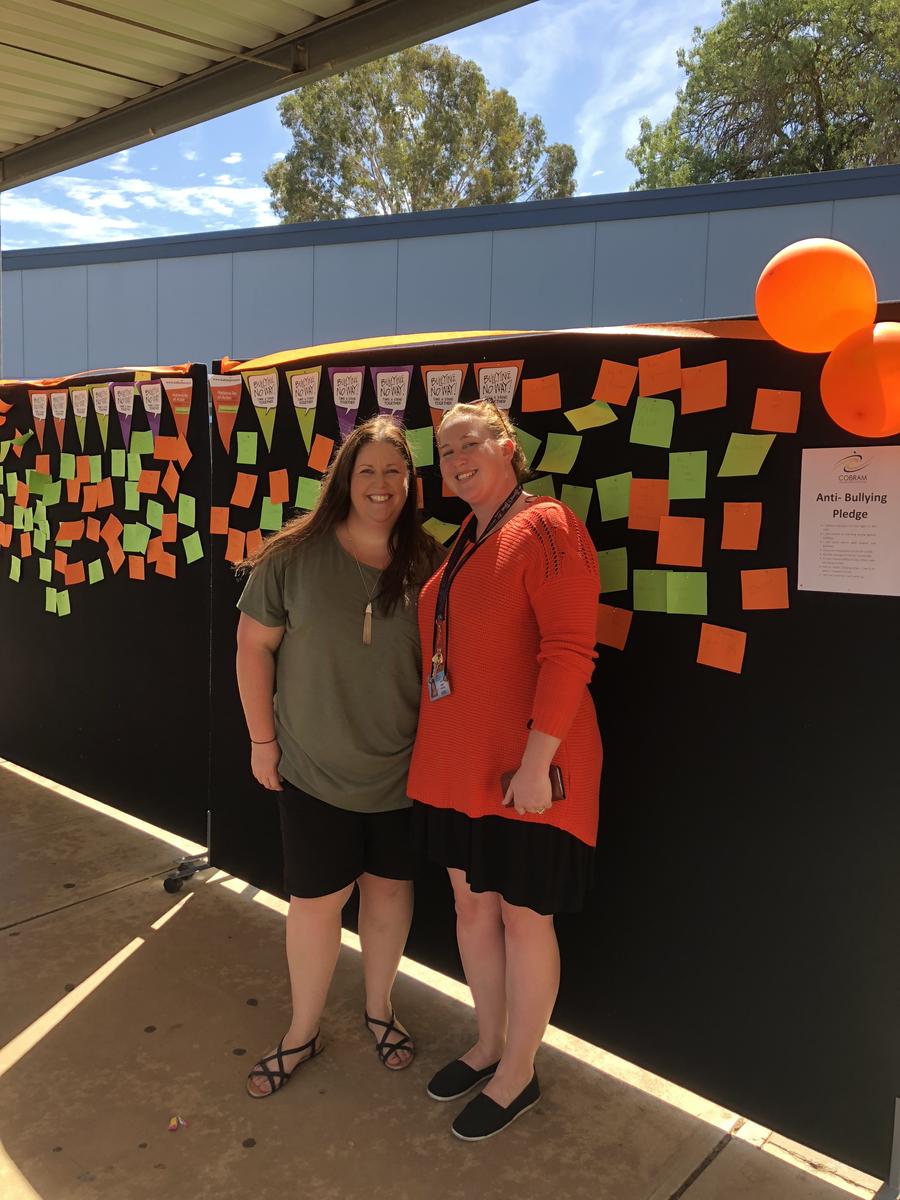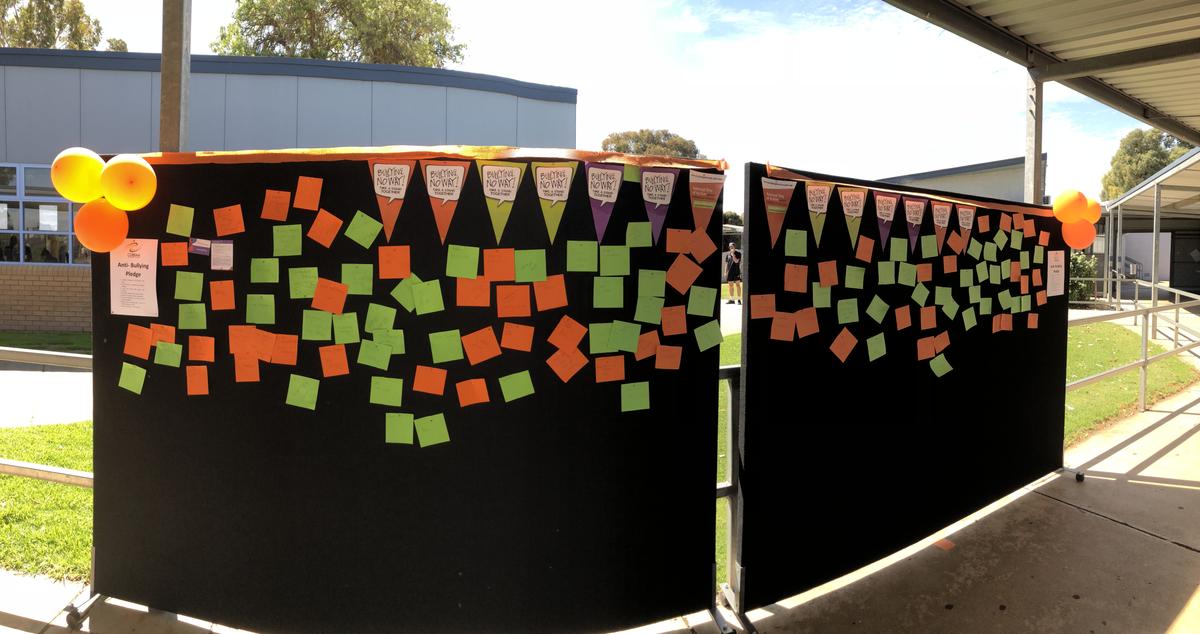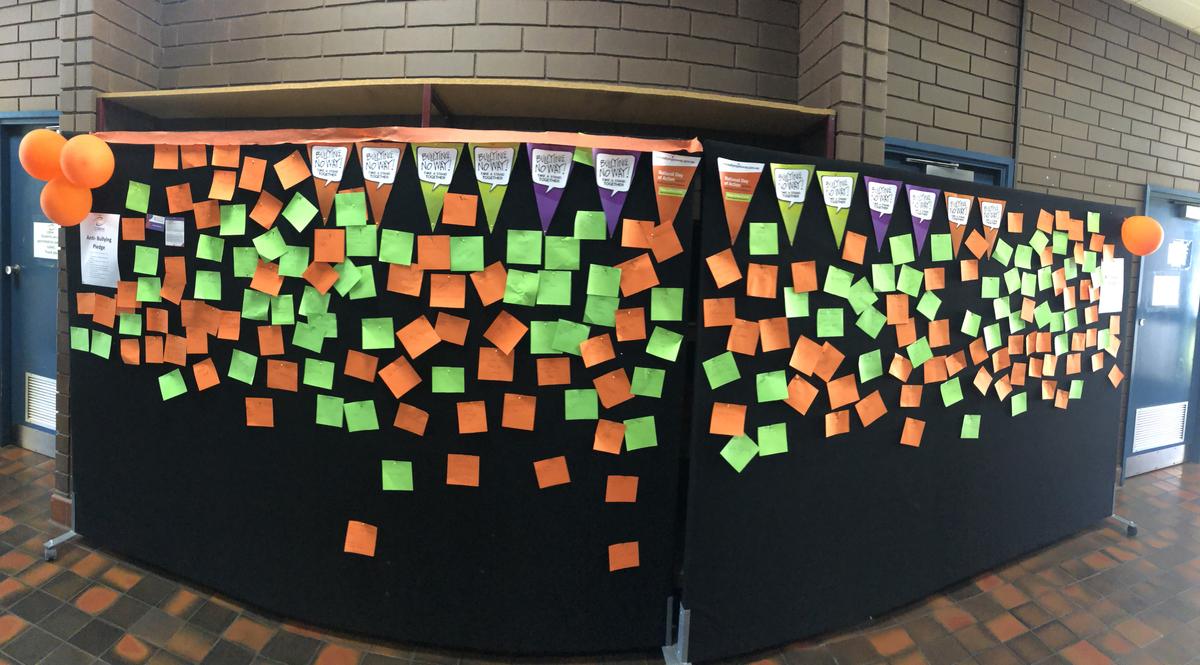Wellbeing
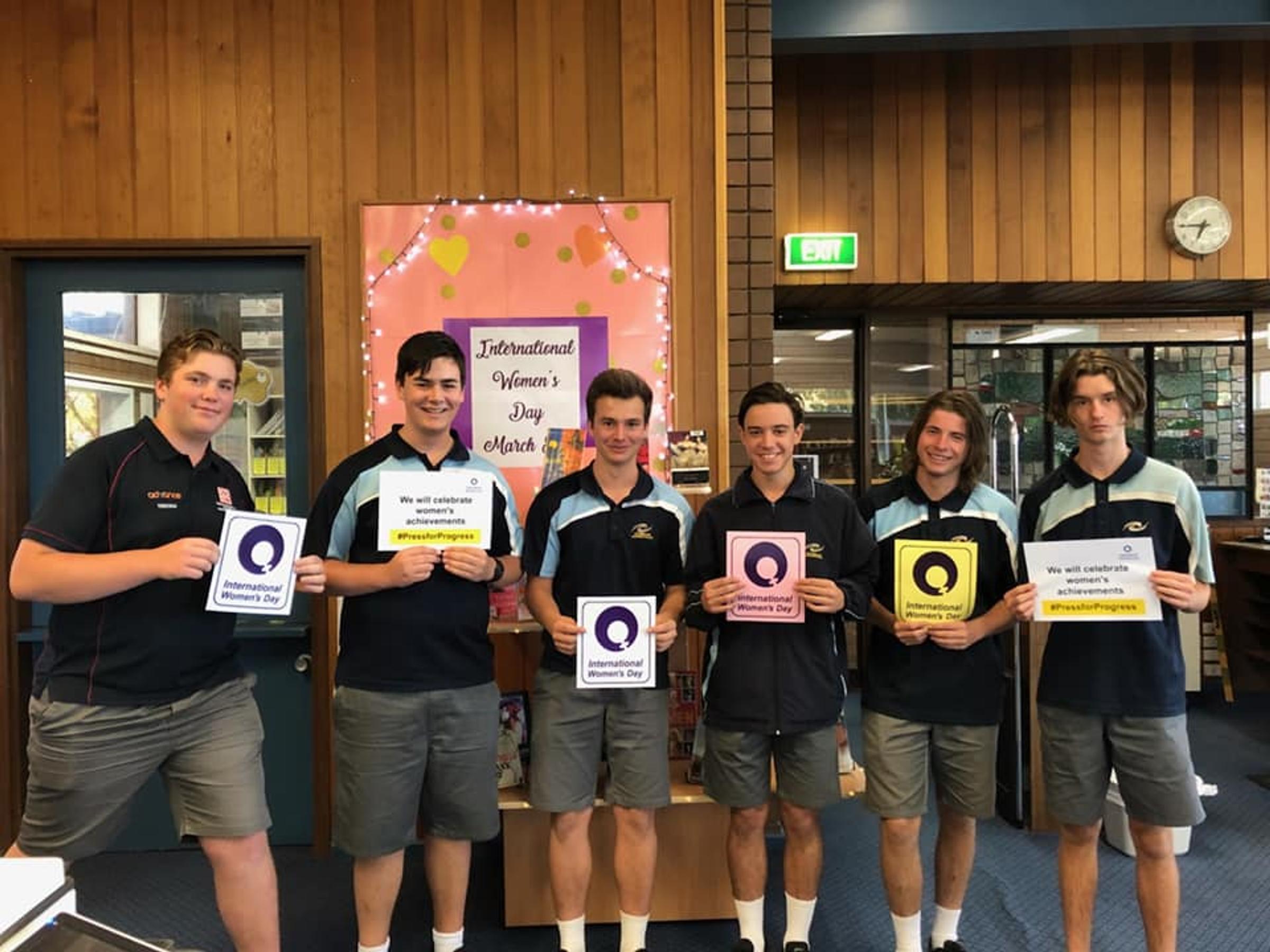
Respect
What is respect?
Respect is a word that often gets used but is quite difficult to actually define. Most people would tell you they know when they are being treated respectfully, but might have trouble identifying their own disrespectful communication styles. Self-respect is commonly spoken of, but it might be surprising to learn how often people struggle to consistently achieve it for themselves.
Respect can mean treating ourselves and others with consideration, care and esteem. To show respect means to have regard for other peoples' feelings and to treat them with dignity.
Parents and carers play an important role in assisting children and young people to build self-respect, and then - through the child's personal understanding of that experience - develop the values and skills needed to express respect to others. This interactional process becomes a continuous cycle, as children with strong self-respect engage in constructive positive behaviours towards themselves and others, attracting praise and reinforcement, thus building further self-respect and further facilitating the capacity to demonstrate respect for others.
How to recognise a respectful relationship
Respect is an important part of healthy relationships, and everyone has the right to be respected. A respectful relationship is characterised by the following:
- people make their own choices and form their own views consistent with their age and developmental level
- feelings of self-worth are fostered
- people's points of views and beliefs are valued
- the rights of a person to be safe, valued and cared for are understood
- people are accepted
- people are able to disagree at times and say what they think or feel without being put down or hurt in anyway
- people can listen and be heard
- 'No' is accepted for an answer
- a person can make mistakes and still be accepted and respected
- it is never controlling, and encourages personal growth and fulfilment
- it nurtures a culture of trust, honesty and happiness
As parents and carers there may be times when you find it difficult to show respect to young people - especially when a young person's behaviour is really challenging. Remember, respect is an important ingredient in being a positive influence on the life of a young person.
What happens in the absence of respect in a relationship?
Respect is a key step in building strong relationships. When it is absent or lacking, conflict or relationship breakdown often occurs. Absence or lack of respect can lead to problems at an individual, family and/or community level.
It is not uncommon for children to experience disrespectful behaviours such as bullying from their peers, and this is often linked to a lack of respect shown by the bully towards both themselves and others. The effects of being in a continuously disrespectful relationship can be serious, including the following:
- Poor sleep habits Change in eating habits (under or overeating)
- Lack of trust in family and friends Depression or anxiety
- Nausea or headaches Abuse of drugs or alcohol
- Low self-confidence or esteem Lack of trust in family and friends
The role of parents and carers
Parenting experts believe that young people look to the adults around them for guidance and role modelling. For example, if an adult treats a young person with consideration, they will learn from this positive experience and will be able to build respectful relationships in the future.
Young people with parents and carers who respect each other are also more likely to form happy and healthy relationships with others and themselves. Parents and carers can actively promote respectful and caring relationships by modelling behaviours in their day-to-day living where each party feels safe, valued and cared for.
Helping children and young people build respectful relationships
It is important to note that adolescence is a crucial period for young people to learn how to develop and maintain respectful relationships with others. Building such relationships requires a range of capacities and skills. If adults develop these capacities within themselves and use them in their relationships they can become positive role models for children and young people and teach them about healthy relationships.
Following are some examples of skills and approaches that can help create respect in relationships. Please note, there may be some variation in what constitutes respectful behaviours from culture to culture. However, in any cultural context, respect is about behaviours that convey valuing and caring about another person.
- Understanding and empathy - the ability to feel for others by trying to put ourselves in their shoes. As parents, empathy can be modelled by striving to understand a child's point of view
- Empathic listening – the ability to listen and convey understanding. Parents can practice this with their children by hearing and considering their ideas or problems. They can also show interest in what their children have to say and avoid rushing in with ideas or solutions
- Anger management - Managing anger is about avoiding hurtful reactions. Some anger management skills include thinking first before speaking and using strategies to stay calm. You can model this behaviour to children by managing your own anger and assisting them with skills such as counting up to ten or taking deep breaths to help them calm down.
- Conflict resolution - Disagreements are normal in any relationship and there are ways to respond to, minimise and resolve conflict. It is helpful to try to understand and consider the other person's point of view. Winning an argument is not good if it makes the other person feel hurt or embarrassed. A win-win situation, where give and take on both sides is involved, is always preferred. Parents can model ways to have a difference of opinion with someone that is respectful, and how to accept 'NO' for an answer
- Problem solving and decision-making skills - It is easy to fall into the trap of telling young people what you think they should do. Parents can help a young person to develop their own capacities and solve their own problems by holding back on these thoughts for a time, allowing the young person to generate their own solutions. This also helps show that you value and have confidence in their abilities.
- When helping your child with a problem, it can help to define the issue or concern, understand its impact and generate various options before making choices. Parents can help young people learn these skills by:
- assisting them to name the problem
- encouraging them to express any feelings around the problem and
- inviting them to consider available options and their possible impact
This enables young people to effectively think through options and their impacts before making decisions.
- Honesty is encouraged in relationships where there is trust and acceptance. You can encourage honesty in your children by being honest with yourself and true to your own feelings. Young people learn there is no need to lie when they are able to openly express themselves to others and feel accepted even when their choices may have been questionable. Young people will be more open to exploring constructive options with an adult when the reasoning behind their earlier choices has been listened to respectfully.
International Women's Day- March 8th
International Women's Day is held annually on March 8th to celebrate women achievements throughout history and across nations. This years' theme was #pressforprogress
National Day Against Bullying- Friday March 16th, 2018
As a part of the National Day of Action against Bullying and Violence, students from across the college participated in mini lessons during Illuminate to further develop their understanding of key issues around bullying. At lunch time students had the chance to participate in making an 'Anti-Bullying Pledge Wall'. #BullyingNoWay

